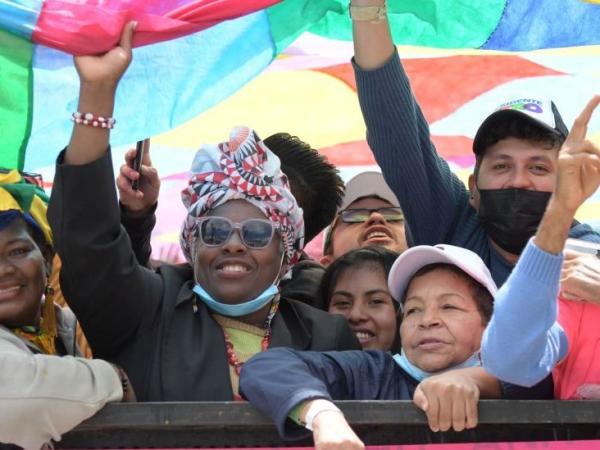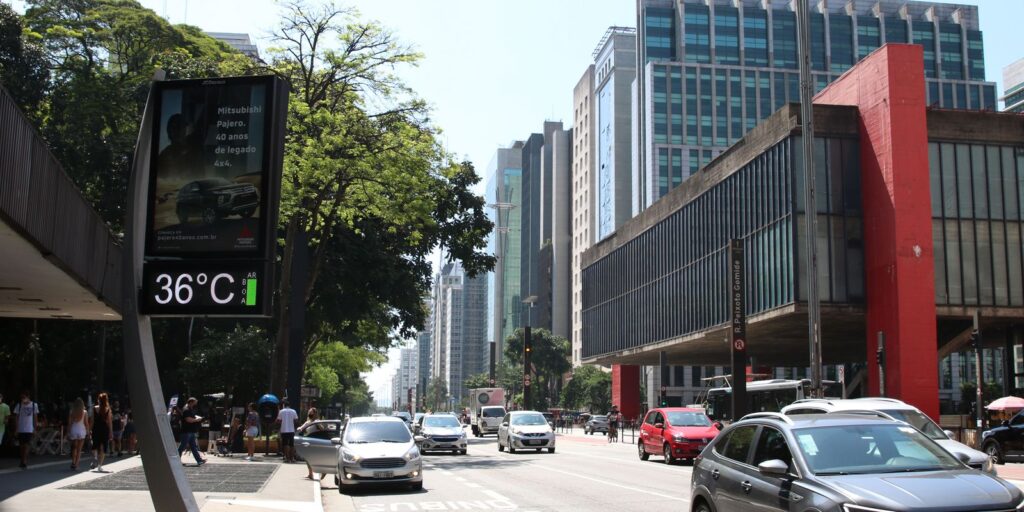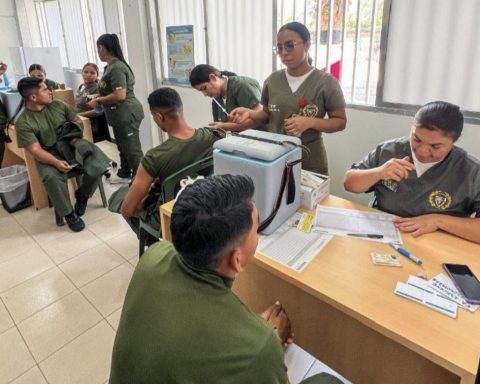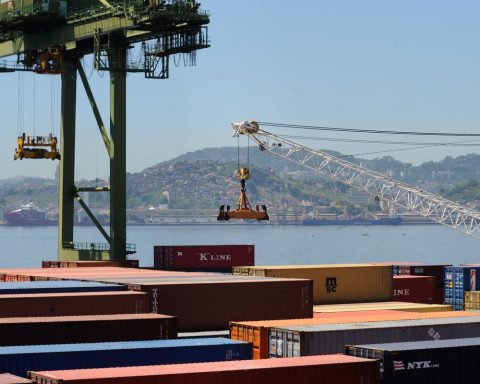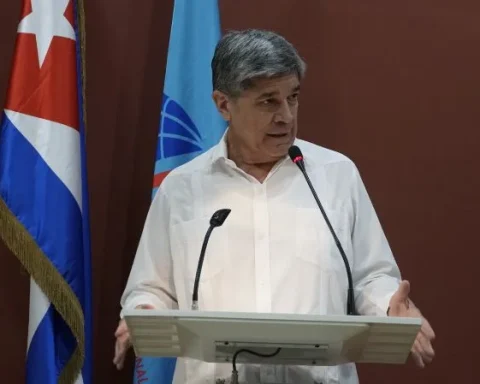The president with the most ambitious agenda in the recent history of Colombia, Gustavo Petro, received this Sunday an underfunded state, a country in economic crisis. To fulfill his reformist proposals he needs one thing: money.
That is why the first relevant action of the government was to file this Monday before Congress the tax reform project that hopes to alleviate the petty cash crisis of the State, meet the needs of the poorest and, above all, lay the foundations to end one of the great scourges of Colombia: inequality.
“The proposed tax reform is built on the constitutional principles of equity, efficiency and progressivity, and its purpose is to settle part of the historical social debt of the State with the Colombian population,” says the text of the law.
Just over a year ago, a tax reform proposed by the government of Iván Duque generated so much outrage that it sparked a wave of protests. The issue is sensitive, although Petro has the legitimacy of the newly elected.
The economist and former mayor of Bogotá came to the presidency despite the mistrust he generates in international markets and the private sector, where he used to be seen as a leftist who was going to expropriate assets and trigger spending at the cost of more inflation and more deficit. , indices that are already in the red.
But since he won in June, Petro has signaled that he will have a moderate agenda, of gradual change, that will be carried out by experienced figures who were already part of the ruling class. In the case of the Treasury, she chose José Antonio Ocampo, a renowned economics professor who was the one who introduced the project.
“It is a good proposal that points to more progressivity, especially in targeting that richest 1% through non-salary taxes, which goes in the right direction because until now they did not pay enough,” the economist from the University of the Andes María del Pilar López.
“However, there are things that were not touched that could have been touched, such as the tax rate of legal entities, which they left alone, and the tax base of individuals, because there are still very few people who are going to pay this increase in taxation and I think that, while it is politically sensitive, it was time to increase the base of people who pay taxes.
It is believed that the tax reform will be approved in congress, where Petro has enough votes, although minister Ocampo was open to certain modifications after the parliamentary debate.
These are the three keys to the reform that hopes to lay the foundations for a more equitable Colombia.
Colombia is one of the countries that collects the least taxes among the medium and large economies of Latin America: the State receives 13% of GDP; the average is 16%.
The objective of the reform, then, is to increase this collection by 1.72% of GDP, some US$5,500 million, by 2023. It is a similar sum to that proposed by Duque’s reform last year.
But by 2026, Ocampo said, the reform would increase state income by another 1.7% of current GDP, which would raise total income to US$11 billion a year, which was what Petro proposed in the campaign.
This new income will come, above all, from the richest people in Colombia: some 34,000 people who, according to Ocampo, do not contribute enough to the redistribution of wealth.
Most of these super-rich Colombians receive relatively low salaries that are subject to tax, but their big earnings come in dividends, donations or equity income, items that will now be equally taxed at percentages ranging from 10 to 30%.
The labor income tax, however, will also increase for the 2% who earn more than 10 million pesos a month (about US$2,400).
Petro appealed in his inauguration speech this Sunday to the solidarity of those who have the most with society.
It will also increase the tax on pensions that exceed a certain amount.
And in search of minimizing the impact on the environment and changing to healthier lifestyles, the tax on sugary drinks, ultra-processed foods and single-use plastics will be raised.
Subsoil income, such as oil and coal, would also see its form of retribution to the State modified.
The gasoline subsidy, which represents a huge cost, will be modified in border areas, where it contributes to smuggling.
Free zones will no longer be entirely tax-free.
That said, the increase in revenue will not only come from new taxes, but also from the elimination of the exemptions used by thousands of Colombians, especially the richest, to avoid paying taxes.
Colombia has one of the most complex tax systems in the world, according to specialized organizations. Something that contributes to evasion and inefficiency.
Unifying the income tax, for example, goes precisely in that direction: no matter where the money comes from, be it a donation or a dividend, any profit will now have to be paid.
Likewise, the taxation of international companies in the digital economy and the deductible taxes in the income statement will be reformed, among other legal mechanisms that are usually used to pay less.
The ultimate goal of the reform is to fulfill one of Petro’s key proposals: reduce poverty and inequality, which, as Ocampo said in his presentation on Monday, have increased in recent years due to the effects, above all, of the pandemic.
Monetary poverty is now at 35.7% and the GINI coefficient, which measures inequality, is at 0.52.
With the reform, Ocampo said, poverty would drop by 4% and the GINI would reach 0.491, something more or less close to the regional average.
“The State has a historical social debt. The levels of inequality have been high and persistent. This project aims to advance fundamentally in two dimensions: reduce inequitable exemptions and achieve sufficient resources to finance the strengthening of the social protection system “said the minister.
Like other countries in the region, Colombia is going through an economic crisis marked by inflation.
Petro promised that another of his priorities will be the fight against hunger. His caucus chief, Roy Barreras, announced that on Thursday they will present a law to fight hunger to attend to those who do not eat enough.
The assistance mechanisms for the half of Colombia that does not have the basics will be strengthened with this government, as they propose. And for that they need to tax the rich more.
Remember that you can receive notifications from BBC Mundo. Download the new version of our app and activate it so you don’t miss out on our best content.
